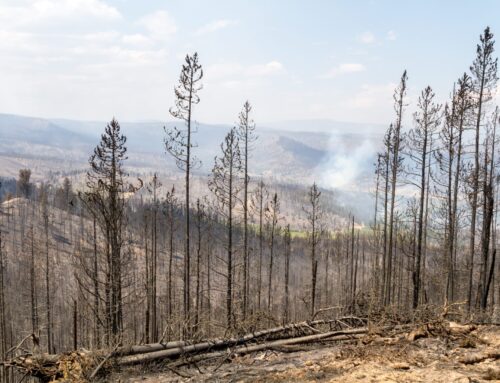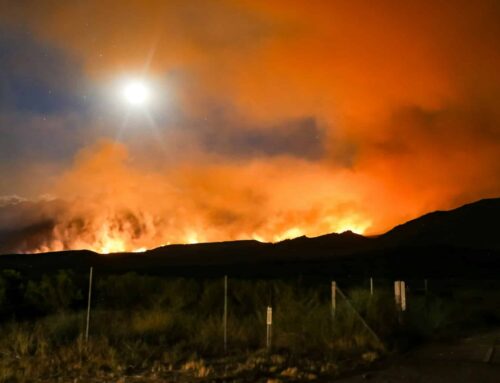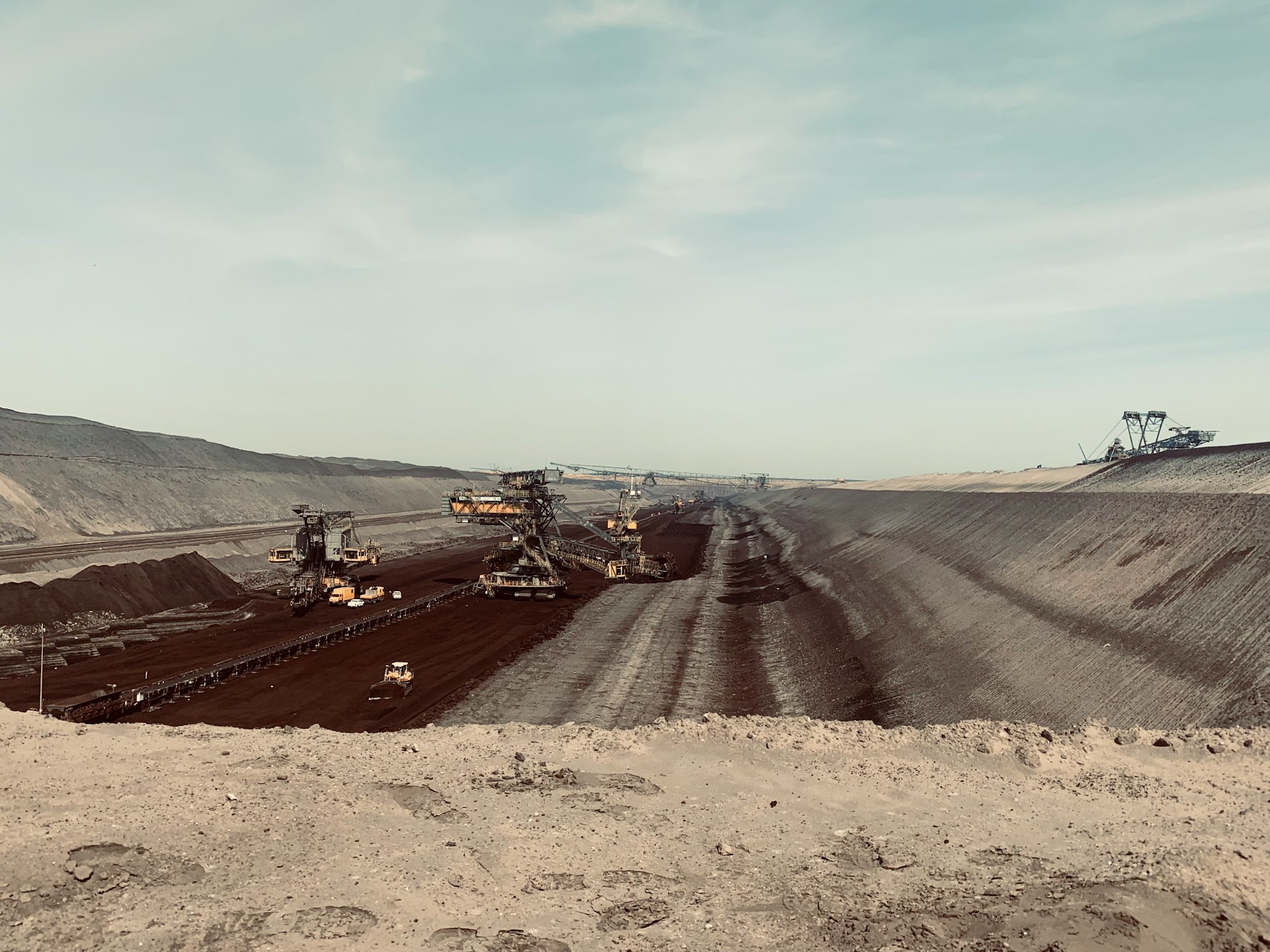In its rush to repeal regulations from the Obama administration, Congress may soon overturn a rule to prevent leaks and collect royalties on wasted methane gas from federal lands.
Some lawmakers want to use a little-known procedure known as the Congressional Review Act (CRA) to repeal a waste prevention rule finalized by the Bureau of Land Management last year.
Using the CRA, which has only been invoked once before, would prohibit similar rules to limit waste and collect royalties in the future. Overturning this rule would lead to more government waste and the loss of good-paying jobs in the growing industry devoted to capturing and using gas now being lost.
It will, in our view, undermine efforts to address the problem of wasted gas, deny oil and gas producers access to more effective and affordable solutions to the problem, and cost taxpayers millions of dollars in lost revenue.
The rule that both of our organizations – Taxpayers for Common Sense and Center for Methane Emissions Solutions – are concerned about was issued by the Bureau of Land Management (BLM) to address the waste of natural gas from oil and gas wells on federal lands.
It replaces a six-page notice to federal leaseholders issued in 1979. Since then, the process of drilling for oil and gas has changed dramatically and the old rules have not kept up. The BLM has been dinged repeatedly – including by the Government Accountability Office (GAO) – for allowing so much natural gas to be wasted.
The problem of lost gas from federal lands is getting worse, not better. The total amount of natural gas flared from BLM-administered leases doubled from 2009 to 2013. Lost gas in 2014 alone had a sales value of $444 million and a royalty value of $56 million. Between 2009 and 2015, federal and Indian onshore wells vented or flared enough gas to serve more than six million households for a year.
Much of this gas can be captured. In 2010, the GAO found that around 40 percent of natural gas being vented and flared from onshore federal leases could have been economically captured with the use of control technologies already available. Today there are 72 companies that produce and service methane mitigation technologies headquartered in the United States, with 572 different facilities in 46 states.
We also know that the BLM methane waste rule can work for the oil and gas industry. The rule is based in large part on the stricter comprehensive methane rule adopted by Colorado three years ago – Regulation 7. That rule has been remarkably successful in reducing methane waste.
It has been implemented without lawsuits, calls for repeal or objection from gas producers. Moreover, one study showed that oil and gas industry players believe the rule’s benefits – reduced waste, new revenue from the sale of captured methane, better worker safety, and increased operations efficiency – outweighed its costs. And it has helped create new high-paying, blue-collar maintenance jobs in the oil and gas industry.
Using the blunt, one-size-fits-all CRA would foreclose any amendments to the BLM rule that could make it even more effective for the oil and gas industry, and would not permit similar rules to limit waste and collect royalties without an additional act of Congress – essentially locking taxpayers into the 30-year-old rules.
This would significantly hamper efforts to capture wasted methane for sale in the market, to set new limits on venting and flaring, and to clarify both when lost gas is subject to royalties and when extracted oil and gas may be used royalty-free.
Despite Secretary-Designate of the Interior Ryan Zinke’s own testimony that indeed, “Methane waste is a problem,” the ability of this or any future administration to craft any solution to the well-documented problem of lost gas from BLM-administered leases will be severely limited if the methane waste rule is repealed through the CRA.
It will also kill an emerging domestic market for the American methane mitigation industry that is creating new jobs today, has great export potential to meet fast-growing global demand, and is developing even more effective, lower-cost innovations for oil and gas producers to monetize previously wasted methane.
It should certainly be within the power of the Trump Administration and Secretary Zinke to revise BLM’s methane rule as they see fit, and tying their hands for years to come is not the way forward. In this case, Colorado Sens. Michael Bennet and Cory Gardner should oppose efforts to use the Congressional Review Act.











Get Social